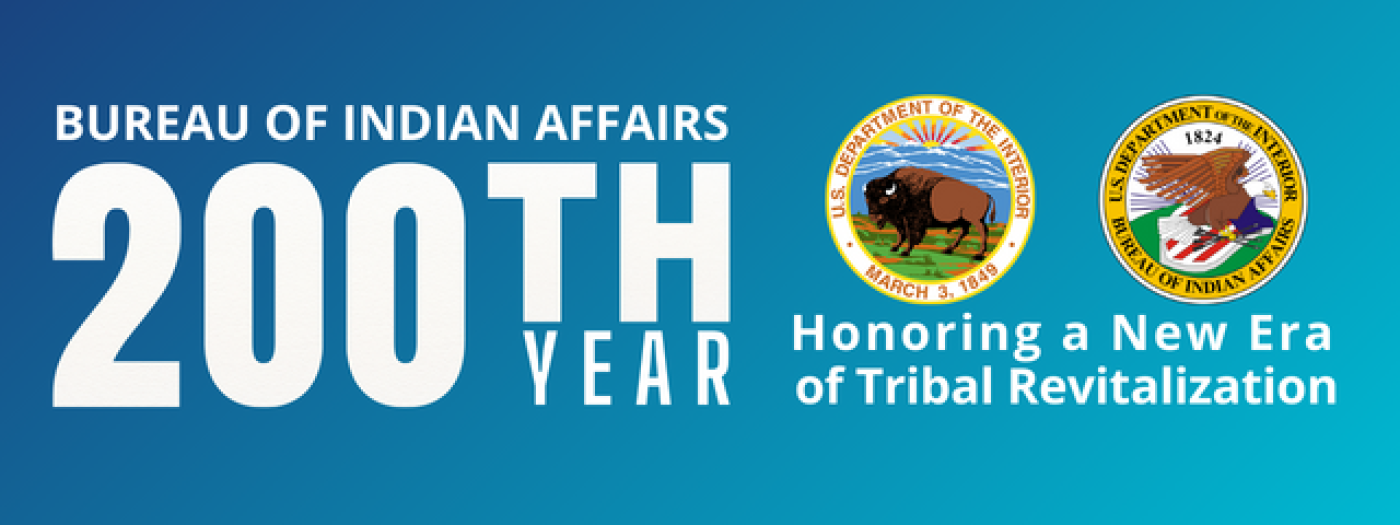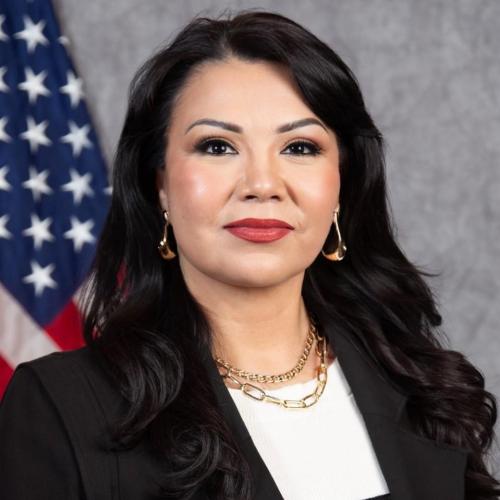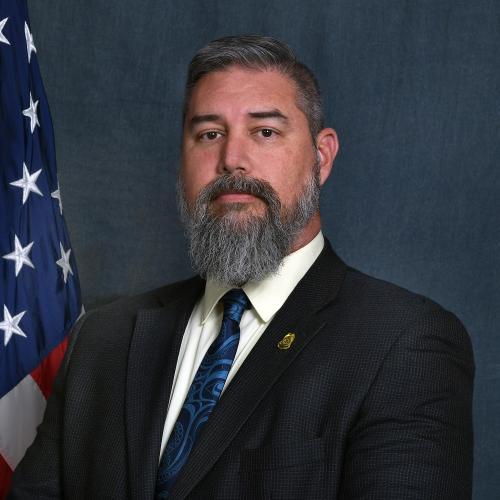Office of Public Affairs
Federal Indian Boarding School Initiative
In June 2021, Secretary of the Interior Deb Haaland announced the Federal Indian Boarding School Initiative, a comprehensive effort to recognize the troubled legacy of federal Indian boarding school policies with the goal of addressing their intergenerational impact and to shed light on the traumas of the past.
The announcement directed the Department, under the leadership of Assistant Secretary for Indian Affairs Bryan Newland, to prepare an investigative report, the first volume of which was released in May 2022, detailing available historical records relating to federal Indian boarding schools and to develop the first official list of sites.
The Department released the second and final volume of the investigative report, in July 2024. The second volume builds on the initial volume to significantly expand on the number and details of institutions to include student deaths, the number of burial sites, participation of religious institutions and organizations, and federal dollars spent to operate these locations. It also included policy recommendations for consideration by Congress and the Executive Branch to continue to chart a path to healing and redress for Indigenous communities and the nation.
On October 25, 2024, President Joe Biden issued a historic apology for the U.S. Indian Boarding Schools program, which sought to erase Native cultures and assimilate Native children.
Volume I
Volume II
Contact Us
Washington, DC 20240





